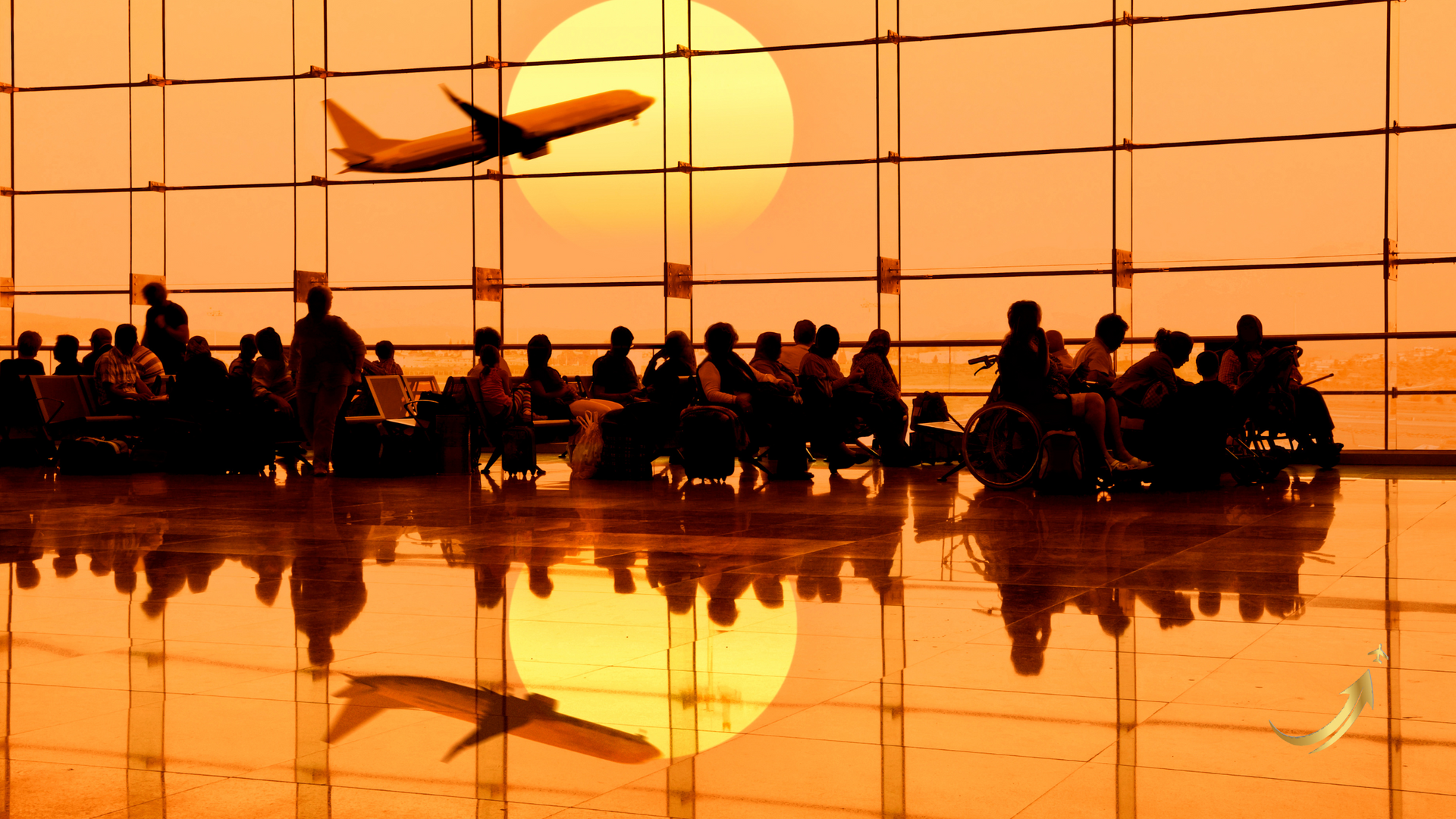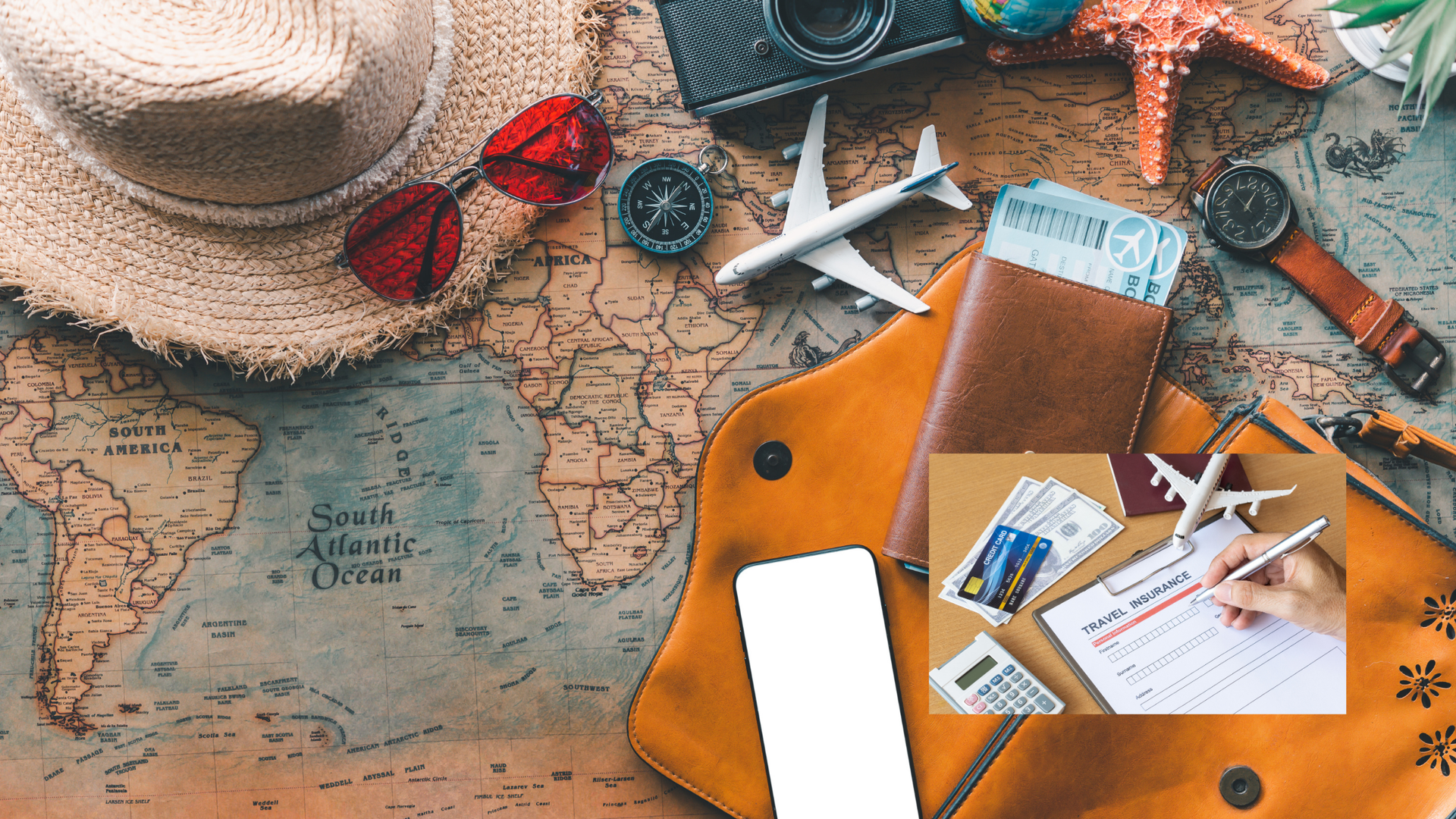Do You Understand the Difference Between Tourism and Travel?
As a travel advisor, it's essential to understand the distinctions that distinguish tourism from travel. While these terms are often used interchangeably, they have distinct differences in both focus and purpose. Recognizing these distinctions can help Colesville Travel better cater to their clients' needs and preferences. By being aware of these differences and taking these differences into account when planning itineraries, Colesville Travel can ultimately enhance the client travel experience. In this blog, we will explore the differences between tourism and travel, and explain why these two concepts are not quite the same.
Tourism: A Structured Experience
Tourism primarily refers to the industry that revolves around organized and structured travel experiences. It involves people visiting destinations, attractions, and accommodations that are carefully designed to cater to tourists. The emphasis is on providing convenience, comfort, and well-planned itineraries to maximize enjoyment.
Purpose and Focus: The main purpose of tourism is to provide visitors with an enjoyable and memorable experience. Tourists often seek well-established destinations, guided tours, and structured activities that ensure they make the most of their trip.
Itineraries: Tourism frequently includes pre-planned itineraries with set schedules and activities. Travelers may opt for tours that cover popular landmarks, historical sites, and cultural experiences.
Amenities: Tourists expect a high level of comfort and convenience, with access to various amenities, such as hotels, restaurants, and transportation services.
Predictability: Tourism tends to be predictable, as visitors have a clear idea of what to expect, reducing the element of surprise or spontaneity.
Travel: A Personal Exploration
On the other hand, travel is a broader concept that encompasses a more personal and exploratory approach to travel. Travelers often seek to immerse themselves in the local culture and surroundings, experiencing a destination in a way that aligns with their individual interests and preferences.
Purpose and Focus: The primary focus of travel is to explore and discover new places, cultures, and experiences. Travelers often prioritize authenticity and personal growth.
Freedom and Flexibility: Travelers value the freedom to choose their path, make impromptu decisions, and explore off-the-beaten-path destinations. This can lead to unique and unconventional experiences.
Accommodation: While many travelers do opt to stay in 4-star hotels and have all the conveniences, some travelers prefer a variety of accommodation options, ranging from hostels and guesthouses to camping and homestays, depending on their preferences and budget.
Local Engagement: Travel encourages interaction with local people, trying local cuisine, and immersing in the local way of life. It often leads to more profound cultural exchanges.
The following are examples of tours for travelers who seek authentic and immersive experiences and want to connect with local culture and traditions:
Culinary Tours: Food is a gateway to culture. Culinary tours offer travelers the opportunity to explore local markets, sample regional dishes, and even take cooking classes to learn the art of preparing authentic dishes.
Walking Tours: Guided walking tours through historical neighborhoods or natural landscapes allow travelers to soak in the surroundings at a leisurely pace. Local guides often provide insights into the history, architecture, and share local stories that bring a place to life.
Cultural Festivals and Events: Attending local festivals, religious celebrations, or cultural events allows travelers to witness traditions, music, dance, and rituals that are deeply ingrained in the local culture.
Volunteer and Service Tours: Engaging in volunteer work while traveling provides an immersive experience, allowing travelers to make a positive impact on the local community.
Language and Cultural Exchange Programs: Learning the local language and engaging in cultural exchange programs can deepen a traveler's connection with a destination. This opens doors to genuine interactions with local people.
The Connection Between Personalized Tourism and Purposeful Travel
In the world of modern travel, there is a connection between tourism and travel. Many travelers seek personalized tourism experiences that blend the conveniences of structured tours with the authenticity and exploration of travel.
As a travel advisor, understanding the clients' preferences is key. Some may want the predictability and comfort of tourism, while others may prefer the freedom and adventure of travel. By creating customized itineraries, Colesville Travel can provide a more fulfilling and memorable travel experience.
Final Thoughts
In the realm of travel, it's important to recognize the differences between tourism and travel. While both have their place and appeal, understanding the clients' preferences and helping them find the perfect balance between the two can make the difference in creating an unforgettable trip. By catering to the unique desires of each traveler, Colesville Travel can ensure that their client’s travel experiences meet their expectations. Colesville Travel’s goal is to create authentic and immersive travel experiences which lead to more satisfied and loyal clients.
If you are interested in a customized tour to any destination around the world, contact Colesville Travel at 301-989-1654 or email us at cindy@colesvilletravel.com
Stay inspired,
Cindy
Blog










MENU
Travel Agents PageRESOURCES
LET US HELP YOU
STAY INSPIRED
Travel inspiration, updates & announcements
Contact Us
We will get back to you as soon as possible
Please try again later
PO Box 4844
Silver Spring, MD 20914
(301) 989-1654 | info@colesvilletravel.com
(301) 989-1654 | info@colesvilletravel.com
